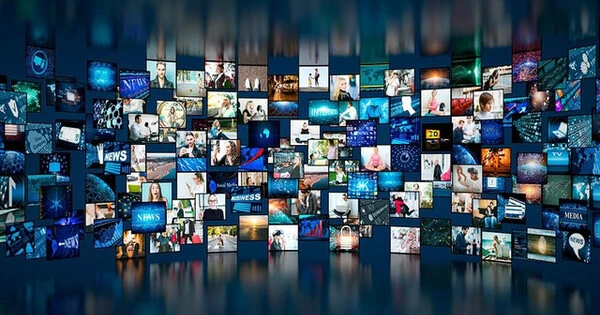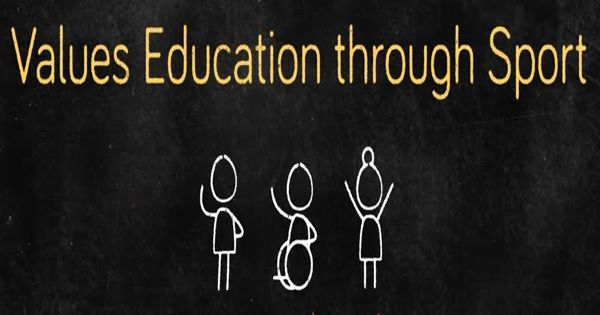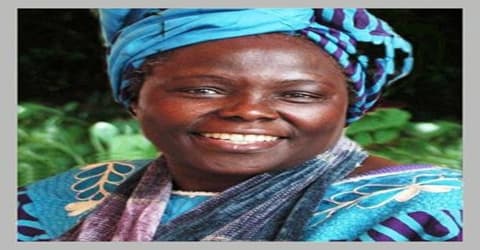Mass media are vital communication tools that allow information to reach even the most remote corners of society. They allow us to communicate with one another by bridging time and space barriers. They serve the society in both primary and secondary roles. The mass communication media are classified as electronic (broadcast) and print media. The print media consists primarily of magazines and newspapers; they are informers that provide retrievable, researched, in-depth, and interpretative news stories about current events. The broadcast media, which includes radio and television, has not been as innovative as it should be. This is because the government owns and controls the majority of the broadcast media.
Television is regarded as a powerful source of information and entertainment. It contributes to conveying compilations of everyday situations by taking into account viewers’ social realities. As a result, impartiality and authenticity are crucial in television broadcasting. The standard can only be ensured by an independent or self-governing authority.
The field of media is concerned with the transmission of information. Broadcast media includes television, radio, and internet services. Broadcast media, as opposed to verbal media, provides information in audio and video formats (i.e., newspapers and magazines). Journalists, technicians, producers, directors, and other professionals work in broadcast media.
There are various popular media outlets that provide news and opinions, such as newspapers, magazines, radio, and television. However, people only get day-old news and opinions from media other than television. Television provides current news with motion pictures that add a real touch of reality. Furthermore, in the age of dish culture, people are receiving news at all times via live television images.
People can get news from anywhere in the world in today’s world of free information. And, as technology advances, people have more opportunities to learn. Every media outlet is competing to be the first to present news and other events. To effectively compete with other Televisions and other media, it is required for television broadcasting to remain out of government ownership to avoid bureaucratic tardiness and complexity.
In television broadcasting, impartiality is critical. In a modern civilized society, everyone has the right to be informed about current events in a free and fair manner. Television broadcasting becomes biased and partial when it is controlled by the government. Most people in our country are illiterate. They cannot read newspapers or use the Internet or other technical media. They are extremely reliant on television. As a result, things should be free and fair here. All types of news should be broadcast in detail and objectively. However, government ownership impedes this normal flow.
In the case of government ownership, the government may be tempted to take advantage of the opportunity. The government likes to defend its positions and always tries to hide its flaws. The government engages in activities related to its vested interests, even if these actions are detrimental to public interests. During times of public uproar, it looks for ways to conceal the truth. It uses television to talk about it by twisting information. Television can hardly avoid succumbing to the government’s will and becoming a government spokesman. As a result, government ownership deprives people of the truth and misleads them. The authenticity of television is thus called into question, and the mass media thrives on change in order to serve the nation to the best of its ability.
The preceding argument shows that the coalition of government ownership of television broadcasting is flawed. Government intervention impedes the free and impartial flow of information. The developed and first-world countries are constantly conscious of the importance of keeping television broadcasting under independent or self-governing authority. We should not be any different.
















